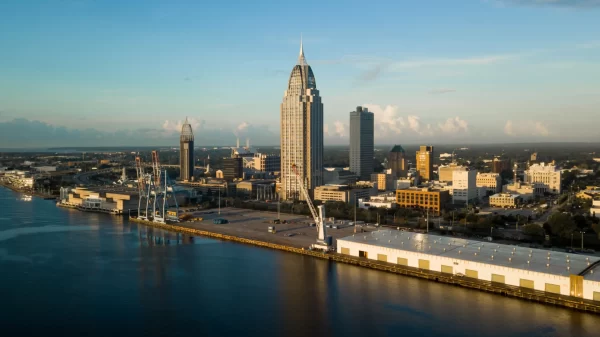This is National Drinking Water Week, a week in which we highlight the essential role of drinking water in our society and economy. Given the pandemic we have experienced and are rapidly overcoming, the reliability of our public water supply is probably more appreciated than in years past. But how did we get here?
Municipal water systems are a more recent development than many realize. In the late 1800s and early 1900s, workers and their families moved from rural areas, and cities rapidly grew to support the factories driving the Industrial Revolution. Many got their water from a well in the backyard and used a nearby outhouse in the same backyard. Waterborne disease was common, and in what seems too familiar today, it was not unusual for cities to lose tens of thousands to typhoid, cholera, and other water-borne diseases, especially in hot summers. Common drinking cups on trains and at public wells were super-spreaders of disease. Visionary leaders in various locales across the country 120 to 150 years ago saw the need and the resultant benefits of municipal water systems, chlorination, and public health standards.
As a result, clean water is the greatest advancement in public health in the history of the world. We see clean water ministries and initiatives around the world today, and they are worthy of our support. We take for granted here in America that our tap has clean and pure water safe to drink, cook, and bathe. And the price we pay for this precious and necessary component of our lives is likely the greatest value in our budgets.
When these municipal water systems were built, options were few, and cast iron was the pipe material of choice. We should be thankful it was, because iron pipe has served exceptionally well. Even with a plethora of contemporary material options today, modern ductile iron continues to be the strongest, most sustainable, and most resilient material. Ductile iron pipe is made from recycled iron and steel, requires less energy to operate and use, lasts longer, and has greater life-cycle value than seemingly glitzier alternatives. Other pipe materials such as lead, asbestos-cement and plastic PVC have come, and most have gone; but iron pipe remains sure and steady as the standard for quality municipal water system construction.
Birmingham, Alabama, is the ductile iron pipe manufacturing capital of America, and many steel mills across our state make coil used to make larger diameter welded steel water pipe. The Alabama Iron and Steel Council is proud to salute our ductile iron and steel producing members and the products they manufacture to build the world’s safest and most sustainable drinking water systems.
Iron and Steel Pipe: It’s what America is Built On.








































